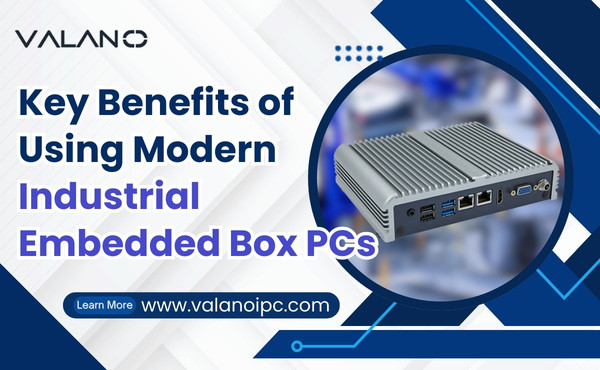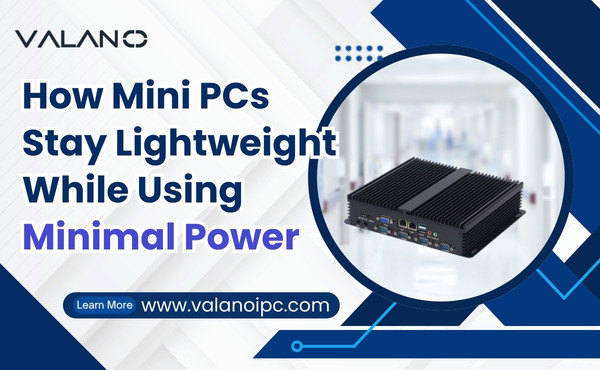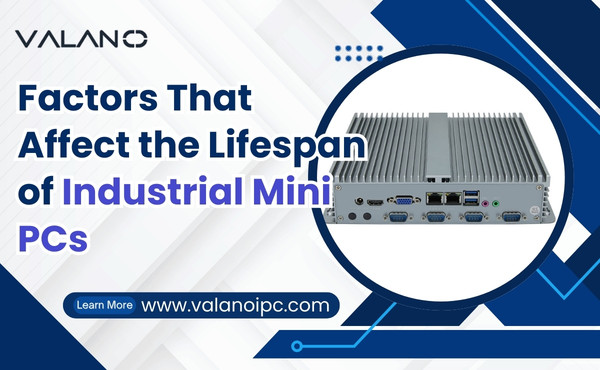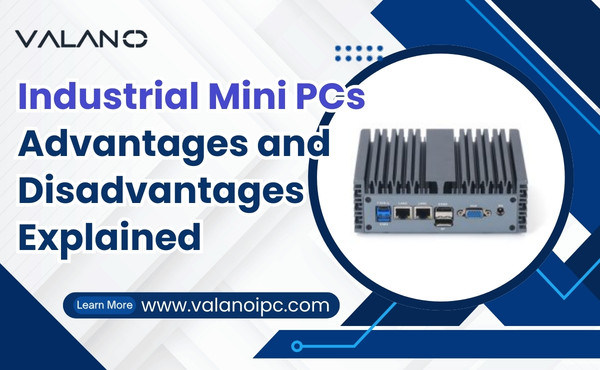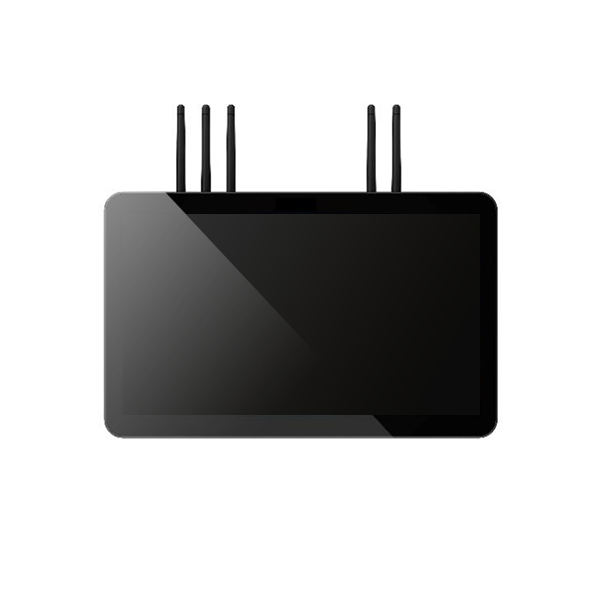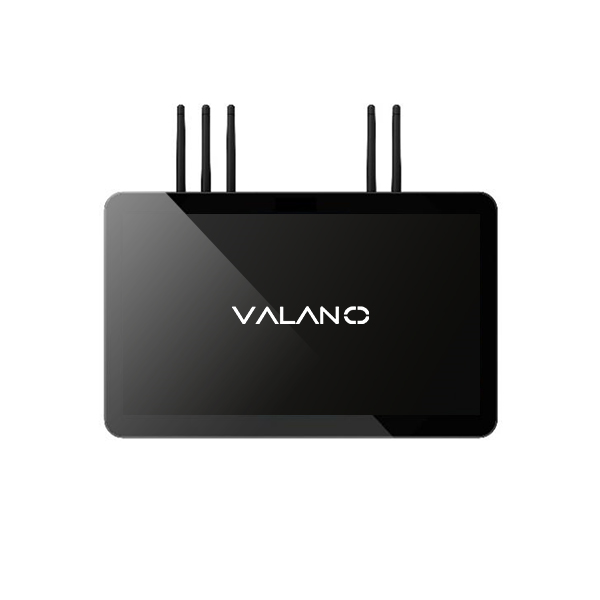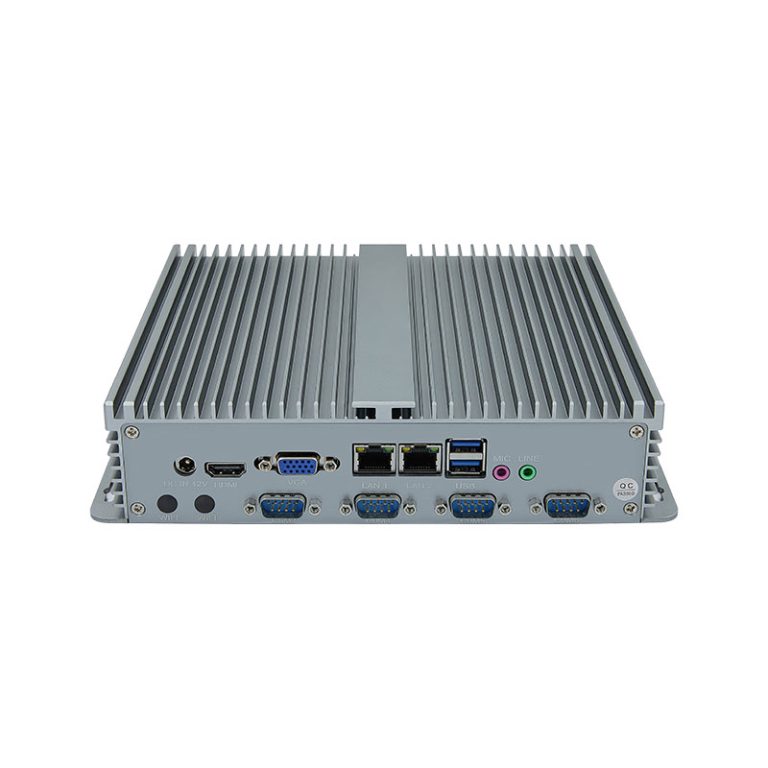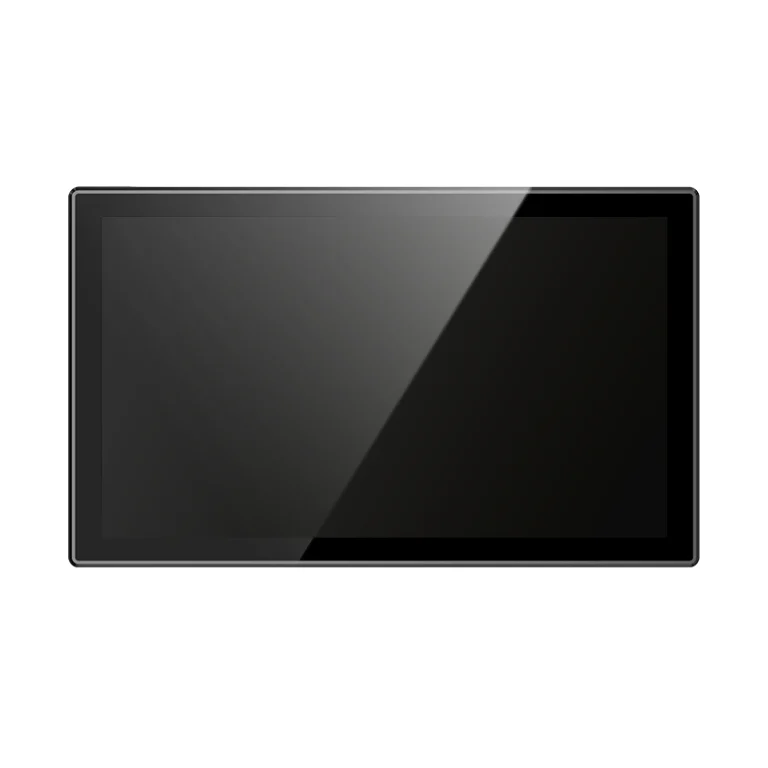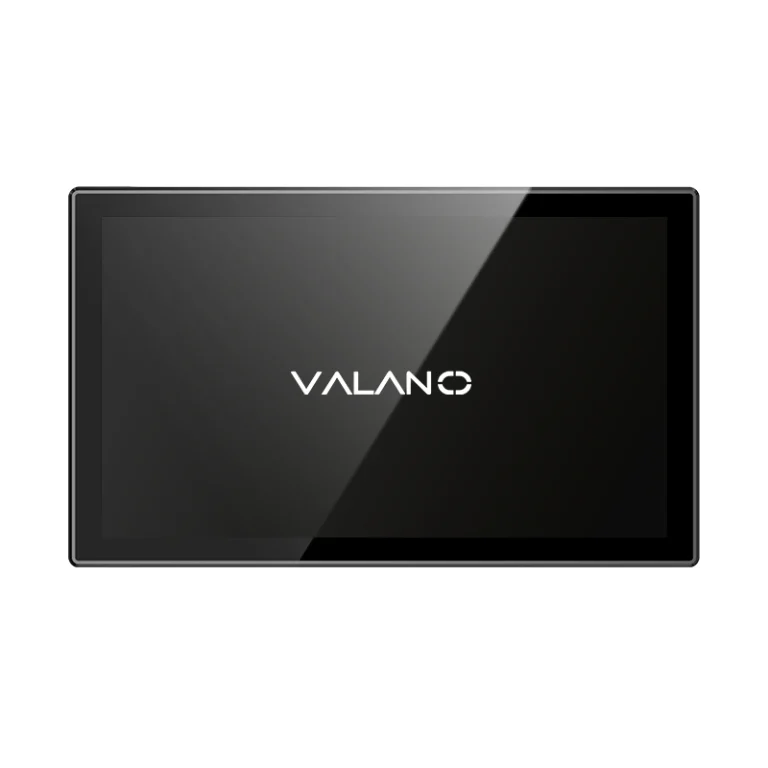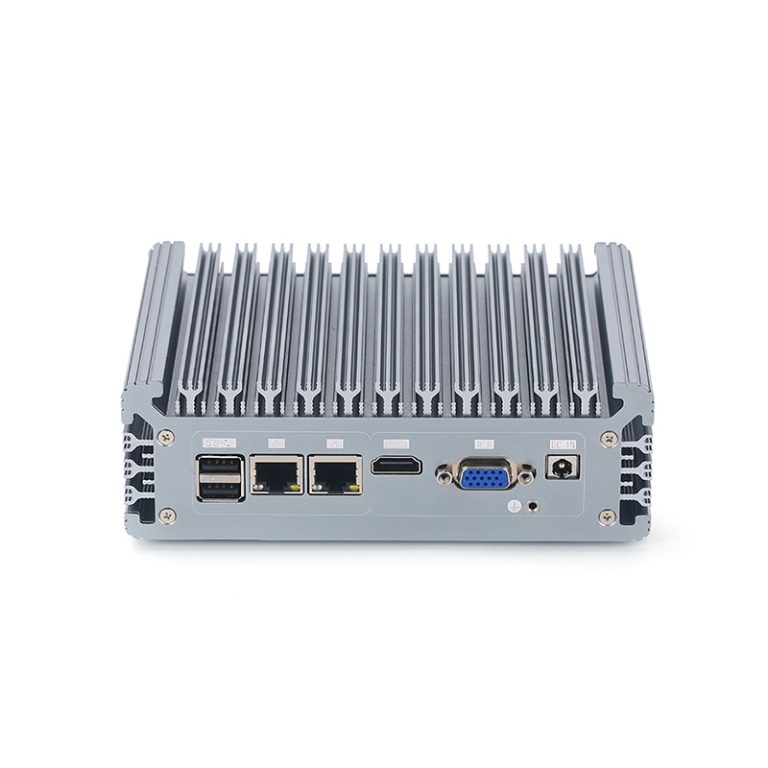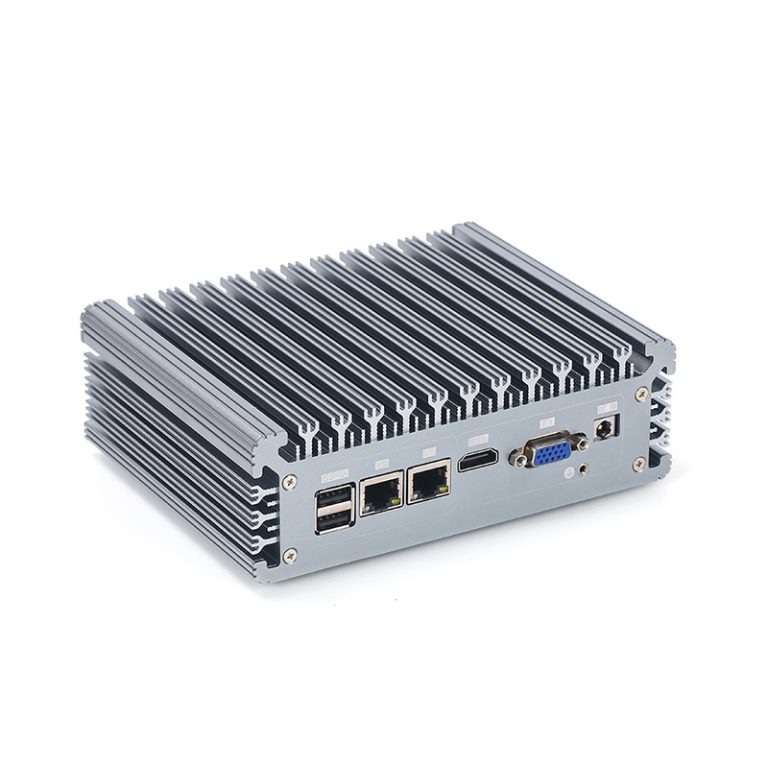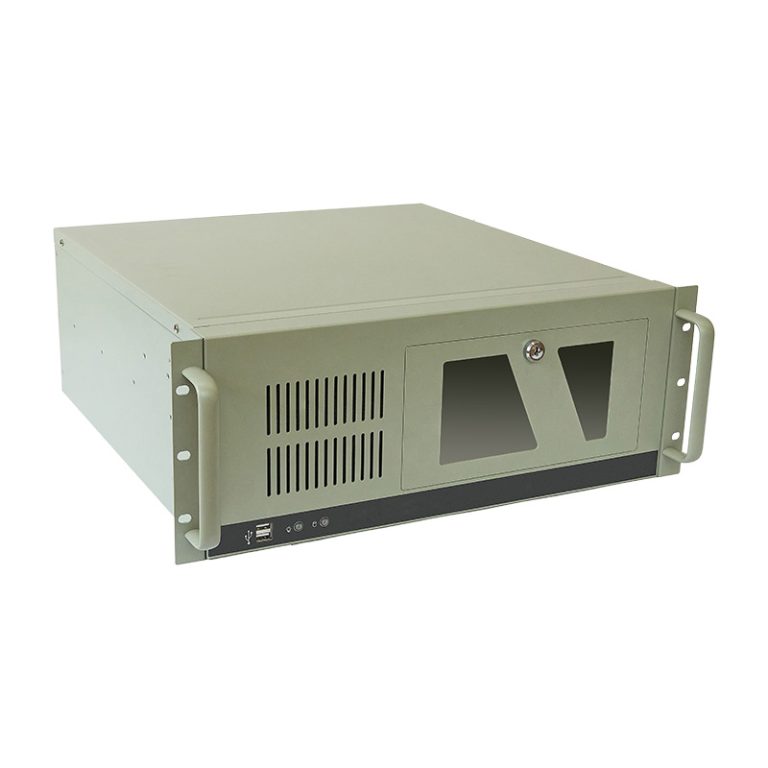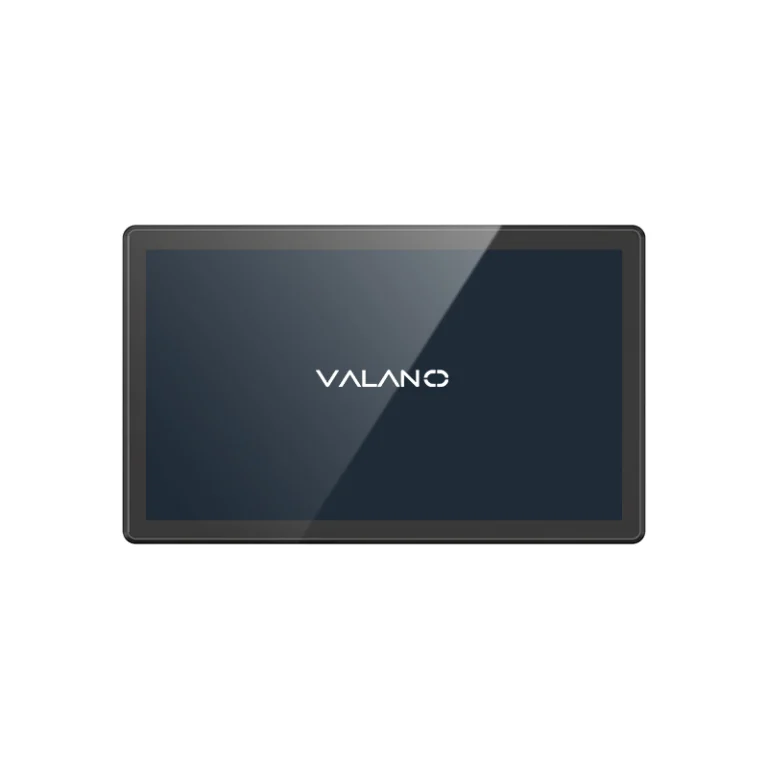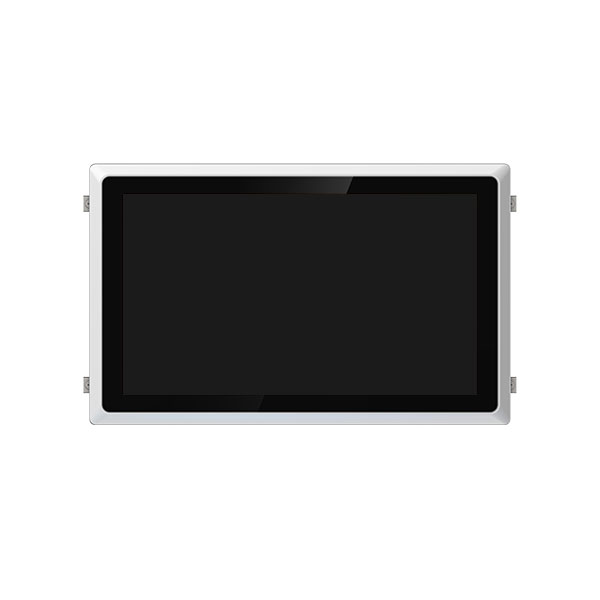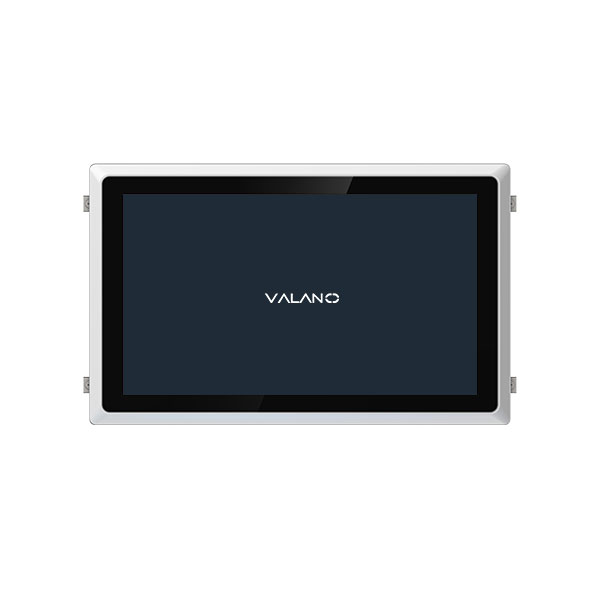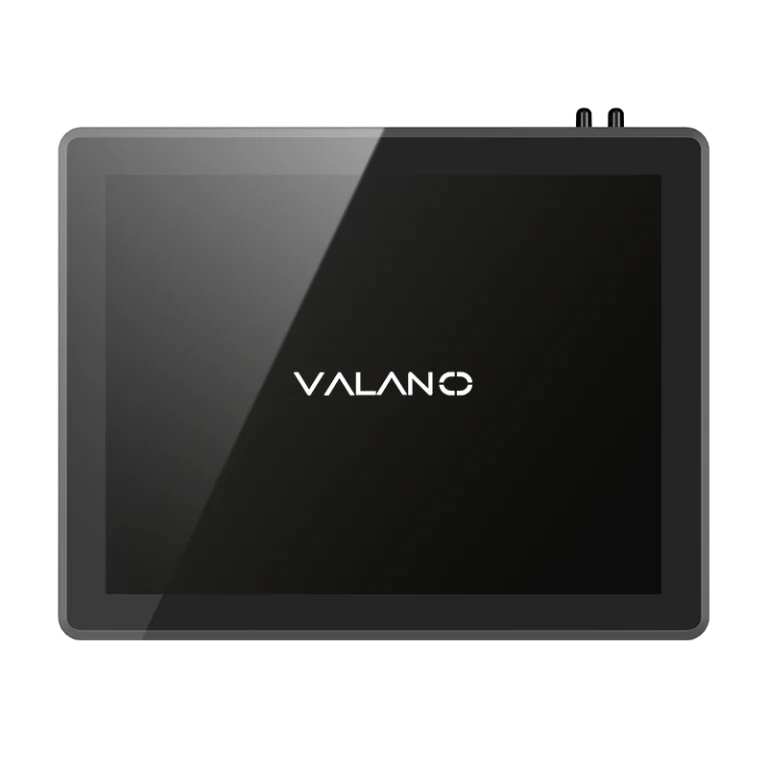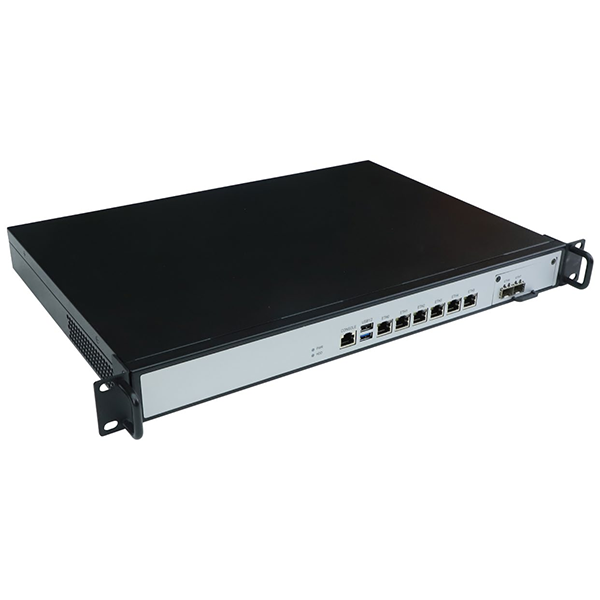Aluminum Alloy plays a crucial role in industrial PC housings, combining strength and thermal efficiency to protect sensitive electronics. Understanding its unique properties helps engineers and designers make smarter choices for demanding industrial environments. In the following sections, we’ll explore how aluminum alloy enhances durability, cooling, and overall performance in industrial PC enclosures.
Key Properties of Aluminum Alloy
High strength and lightweight
Aluminum alloy is both strong and light. Engineers pick it for PC housings that need to be tough and easy to carry. Alloys like 6061 and 5052 protect devices well but do not make them heavy.
- Aluminum alloy devices do not dent or break easily.
- Light housings cost less to ship and are simple to install.
Excellent corrosion resistance
Aluminum does not rust or corrode in rough places. This makes it great for factories, outside use, and wet areas. A thin oxide layer forms on aluminum and keeps the metal safe.
Good thermal conductivity
Aluminum alloy moves heat away from electronics fast. This stops devices from getting too hot and helps PCs work well. Good heat control is needed for PCs in hot places.
| Property | Benefit for PC Housing |
|---|---|
| Thermal Conductivity | Stops PCs from getting too hot |
| Heat Dissipation | Makes PCs work better |
Easy to process and form
Manufacturers can make aluminum alloy into many shapes. The metal is simple to cut, drill, and machine. This lets them build housings for many kinds of jobs.
- Aluminum alloy can be shaped into detailed and exact forms.
- Quick processing saves time and money.
Aluminum Alloy Materials: Core Benefits
Durability & Strength
Aluminum alloy materials are very tough in factories. Engineers like 6061 and 5052 alloys because they are strong. These alloys do not dent or break easily. They help keep pc parts safe from damage.
Lightweight Design
Aluminum alloys make pc housings light. Workers can lift and put them in place easily. Lighter cases cost less to ship. They are also easier to fix.
| Alloy Type | Weight Advantage | Application Example |
|---|---|---|
| 6061 | Very light | Factory automation |
| 5052 | Light | Outdoor control |
Corrosion Resistance
Aluminum does not rust, even in wet areas. A natural oxide layer forms fast and keeps the metal safe. Anodized finishes make this protection even better. Housings stay strong for many years.
Thermal Management
Aluminum alloy helps control heat in pc housings. The metal lets heat move away quickly. This keeps electronics cool and working well. Good heat flow helps parts last longer.
- 6061 and 5052 alloys are easy to shape. Makers can add special vents for better cooling. Engineers use aluminum alloy because it stays strong in high heat.
PC Housing Performance in Industrial Environments
Protection from Harsh Conditions
Factories can be dirty and wet. Temperatures change a lot in these places. Aluminum alloy housings keep electronics safe from harm. Many factories use these housings to protect their pc systems.
- Aluminum alloy stands up to bumps and shaking.
- It stops water and dust from getting inside.
- Anodized surfaces give extra protection.
Longevity & Reliability
Strong housings help pcs last longer at work. Aluminum alloy does not rust or get weak fast. It stays strong for many years. This means fewer problems and less time fixing things.
| Factor | Impact on Longevity |
|---|---|
| Corrosion | Stops early damage |
| Structural Strength | Keeps shape and fit |
| Heat Resistance | Protects parts from heat |
Workers know these housings work well for a long time. Many companies pick aluminum alloy because it works in hard jobs.
Maintenance Ease
Easy cleaning saves time and money in factories. Aluminum alloy housings are simple to wipe clean. Workers can get rid of dust or dirt with normal tools.
- The smooth surface does not hold dirt.
- Light weight makes moving or checking the housing easy.
- Fixes or upgrades are quick, so work does not stop for long.
Comparing Aluminum Alloy to Other Materials
Aluminum Alloy vs. Steel
Steel is strong and tough. Many factories use steel for big machines. Steel is much heavier than aluminum alloy. Workers can lift aluminum alloy more easily. It is simple to install. Steel can rust when it gets wet. Aluminum alloy does not rust like steel. Aluminum alloy also deals with heat better. This helps keep pc parts safe.
| Material | Weight | Corrosion Resistance | Thermal Conductivity | Ease of Processing |
|---|---|---|---|---|
| Aluminum Alloy | Light | High | Good | Easy |
| Steel | Heavy | Low | Moderate | Hard |
Aluminum Alloy vs. Plastic
Plastic is very light and cheap. Many companies use plastic for simple pc cases. Plastic is not as strong as aluminum alloy. It can break or bend if hit or squeezed. Aluminum alloy keeps electronics safe from drops and bumps. Plastic does not move heat away well. This can make devices get too hot. Aluminum alloy helps keep things cool and safe.
- Aluminum alloy lasts longer than plastic.
- Plastic cases need to be replaced more often.
- Aluminum alloy protects better in rough places.
Practical Applications
Industrial Automation
Factories use aluminum alloy mini pc casings for machines. These casings are tough and protect important parts. They keep out dust and stop shaking from hurting things. The design helps control heat well. This keeps equipment working without problems.
Smart Manufacturing
Smart manufacturing systems need strong mini enclosures. Aluminum alloy is the top choice for good performance. The material lets heat move away fast. This helps stop things from getting too hot.
Data Control Systems
Data acquisition systems use mini housings to keep electronics safe. Aluminum alloy gives strong protection and helps control heat. The small size makes it easy to put in tight spots.
Harsh environments
Mini pc casings work well in tough places. Aluminum alloy does not rust and can take high heat. This strength helps mini enclosures last a long time. They work outside and in wet areas.
Aluminum alloy makes industrial pc housings strong and light. It helps control heat well. The material does not rust easily. It lasts a long time in hard places. Engineers think aluminum alloy saves money. They believe it will be used in new technology for years.
Conclusion
Aluminum alloy proves to be the ideal material for industrial PC housings, offering a unique combination of strength, lightweight design, and thermal efficiency. Its corrosion resistance and ease of processing make it highly practical for industrial automation, smart manufacturing, and data control systems. By enhancing durability, heat management, and long-term reliability, aluminum alloy ensures electronics remain protected and operational in demanding environments, making it a trusted choice for modern industrial applications.



